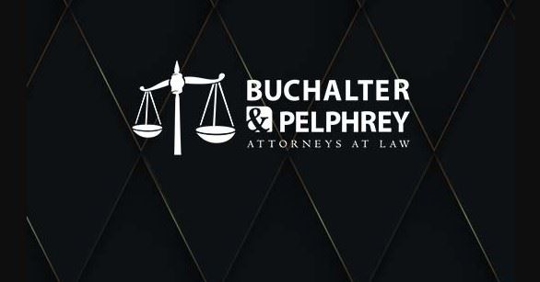When you have a debit card, it’s easy to swipe and forget. Cards take up less room; they’re quick and hold less of the sting that buyers experience when paying in cash. However, the bank doesn’t see debit cards as free and easy as consumers do, making their customers pay the price.
Keep reading to learn more about the science of overdraft fees – how they work and where it all goes wrong.
What Are Overdraft Fees?
When the bank issues a debit card, there are terms and conditions. Whether you read them or not, the bank upholds these terms at penalty to the consumer if they misuse the card or overspend. Instead of declining a purchase, most bank cards will allow the transaction to go through by overdrafting the account.
An overdraft is a subtraction of more money from an account than exists within the account. For example, a cup of coffee is $8, but you only have $3.50 in your checking account. The bank will probably allow the purchase to go through. However, when you look at your account summary, it may show a negative balance of $4.50.
Once the account has a negative balance and an overdraft has occurred, the bank will charge you a penalty, usually between $30-$40, depending on the bank. That penalty is called an overdraft fee. So, by the time the transaction goes through, and the overdraft is applied, that cup of coffee could be $40.
So, where did the idea of overdraft fees come from, and why are they so expensive?
A Brief History
Like most things in life, overdraft fees come from consumer demand. Before digitalization, consumers used checks or cash to pay for their items. Bank tellers would approve the check and transfer the funds, and if there were not enough funds in the account, the check would bounce.
For wealthier bank customers, this wasn’t good enough. To them, the bounced check system was ridiculous because they could make up the difference later and were always good for the funds in the end.
The banks didn’t want to lose valuable customers, so they tried to think of a strategy where they wouldn’t be held liable, and their customers would continue using the bank. The solution? The bank would pay the overdraft fee as a courtesy and charge the client the return check fee to make up the difference.
The “courtesy” system lasted until the 1990s, when financial consultants peddled a new idea: core banking systems. These core banking systems used software to manage bank accounts electronically. Consultants quickly saw the potential in encouraging customers to overdraft their accounts and charge a $30 fee. The customer wasn’t paying close attention to their accounts anymore and would overlook the fee deductions until it was too late.
Eventually, the practice of overdraft fees spread to big banks, and the fees were embedded into the terms and conditions for debit cards.
How It Works
Contrary to popular belief, banks often process more significant transactions first. If a debit cardholder uses their card throughout the day, the bank may prioritize bigger transactions first to ensure that the account would go negative more quickly.
While it isn’t exactly illegal to do this, it’s not legal either. Wells Fargo used and abused this system on such a large scale that the federal government had to step in and investigate. The use of overdraft fees was excessive, and the practice was seen as exploitive.
Another method of overdrafting was to convince new customers that they had to agree to overdraft fees in order to open their accounts. In most cases, overdraft fees are written into the terms and conditions, but bank customers also have the option to ask the bank to stop a transaction that would result in an overdraft.
Ultimately, overdraft fees are not in the customer’s favor and regularly put lower-income clients into financial disparity regardless of the method.
Using Debit Cards Responsibly
Some banks are considering getting rid of overdraft fees, but until they do, it’s important to be aware of your account activity. Always keep track of transactions and never depend on an app or online statement to include every purchase.
If you are experiencing financial hardship, contact Buchalter & Pelphrey Attorneys At Law.
Let our Family Help Yours.

